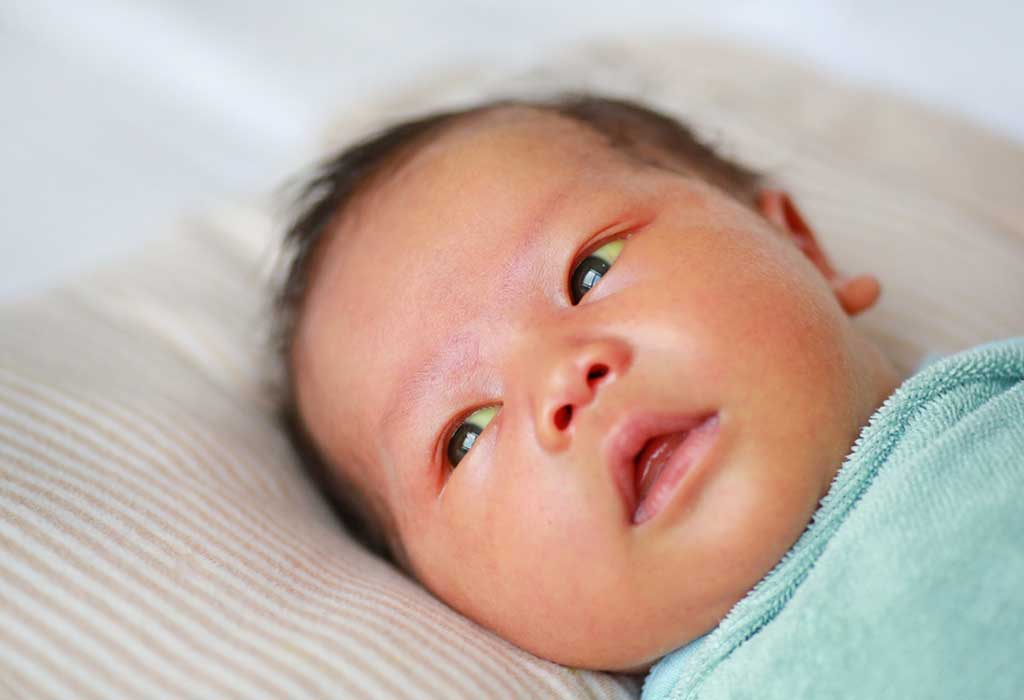
Jaundice In Babies When To Worry. One such adaptation is this indirect Bilirubin or jaundice. We dont know exactly why this happens but it isnt anything to worry about. Jaundice in newborns when to worry After ten days the blood brain barrier is closed and bilirubin is considered to be prevented from passing from the limb to the brain. Its normal to worry at first but keep in mind that its nothing to be concerned about says Dr.

If jaundice is still present beyond 14 days after birth then it is called persistent or prolonged jaundice in newborn. On the contrary jaundice that occurs in a just born baby is an indirect one. In most instances jaundice in babies need not be a cause of worry as the condition resolves within 14 days of being born. If your baby develops signs of jaundice after this time speak to your midwife health visitor or a GP as soon as possible for advice. One such adaptation is this indirect Bilirubin or jaundice. While your first line of defense might be to worry about your babys jaundice its normal for babies born at term to have at least some jaundice that affects their eyes and face.
If the bleeding in your babys cephalohematoma is significant your baby may develop jaundice as a result of the breakdown of red blood cells that happen after the cephalohematoma develops.
Your baby will usually be examined for jaundice within 72 hours of being born as part of his or her routine medical check-ups. Jaundice often appears on the face first and then spreads to the rest of the babys body including the chest tummy arms legs and whites of the eyes. Watch as Parents Magazine shows when to worry about jaundice. Jaundice in newborns when to worry After ten days the blood brain barrier is closed and bilirubin is considered to be prevented from passing from the limb to the brain. This is the time when bilirubin levels are the highest. However if the jaundice-causing bilirubin levels spike within 24 hours of birth or stay high after a week other health problems have to be considered.